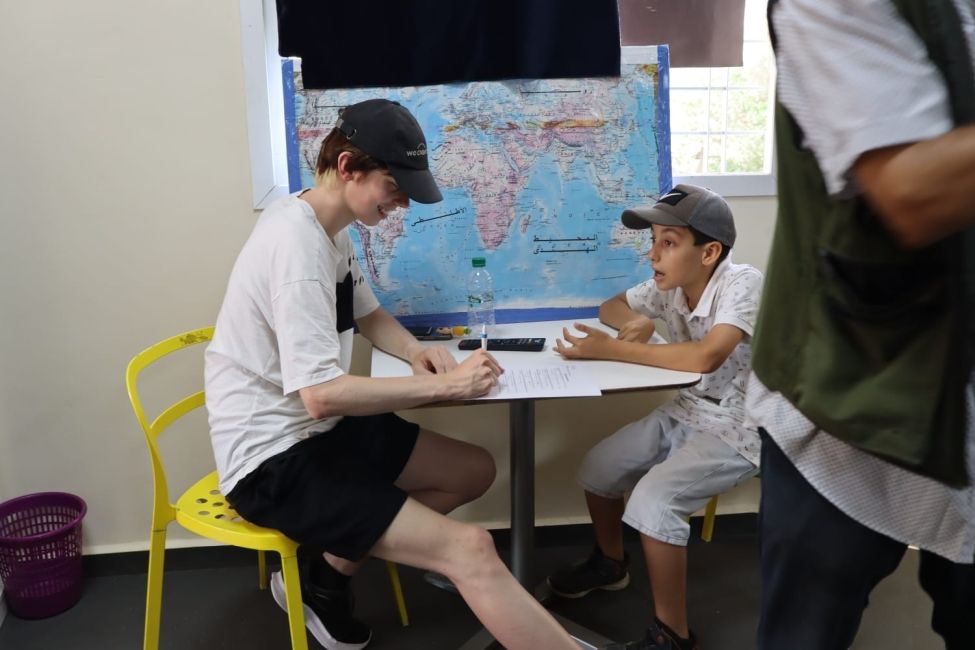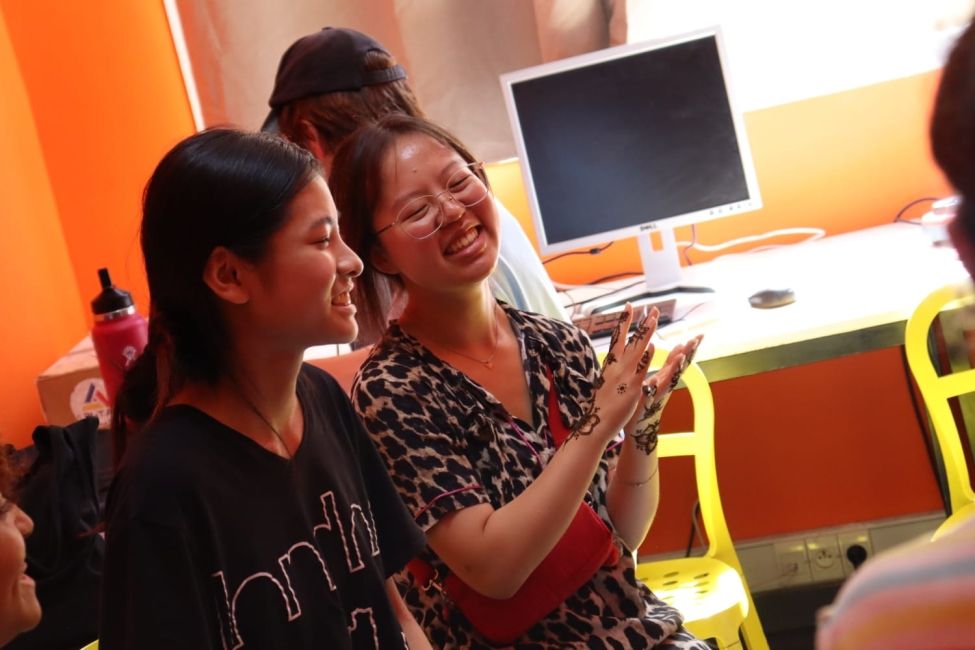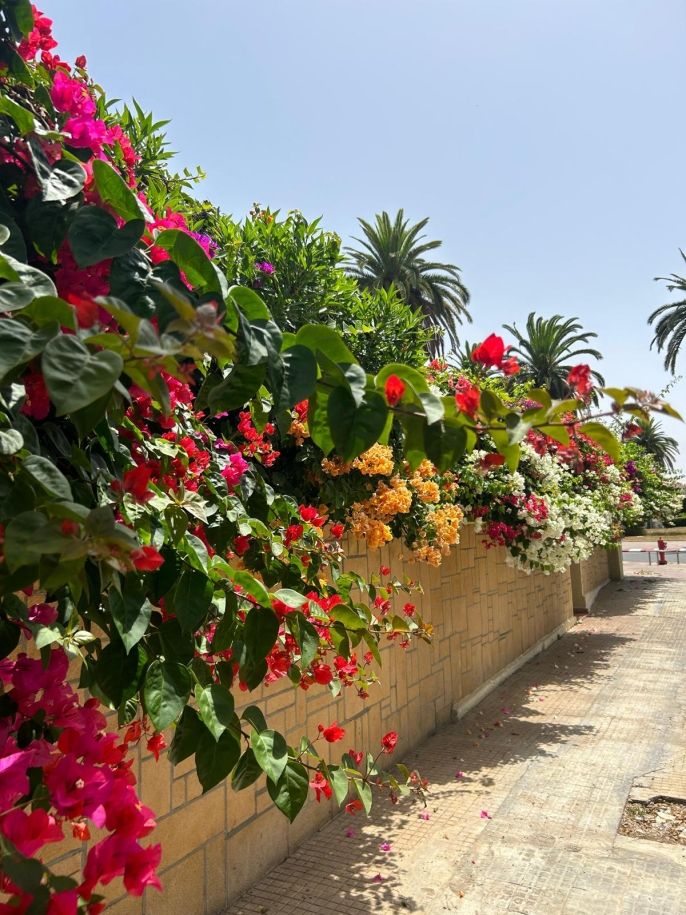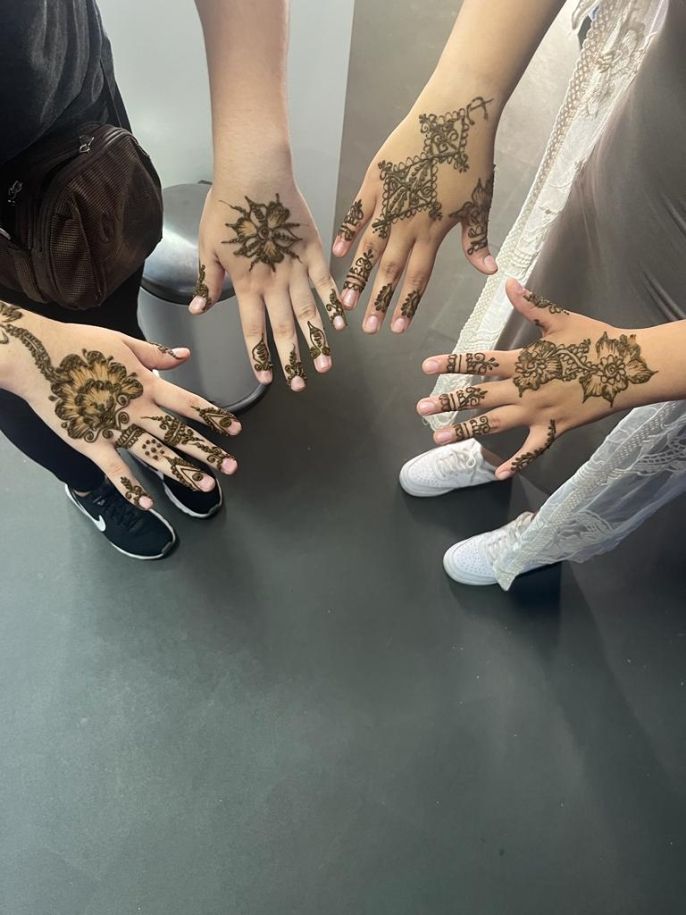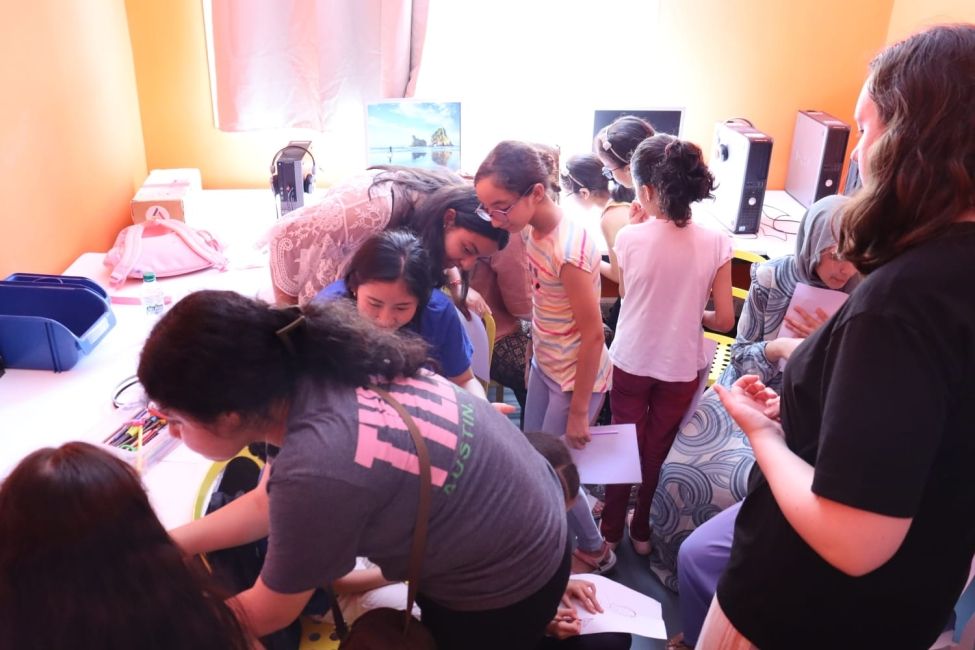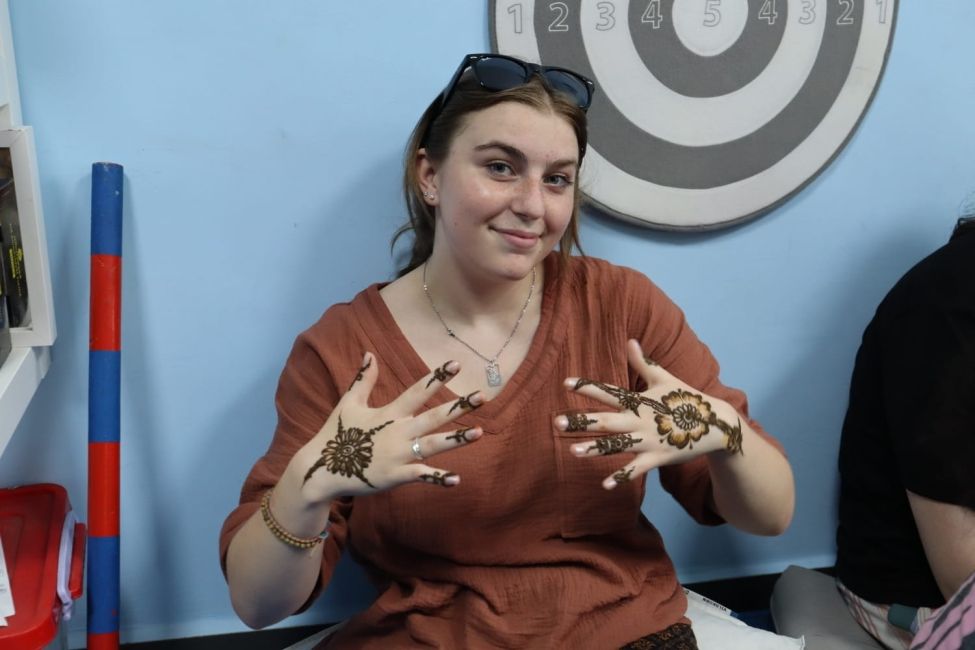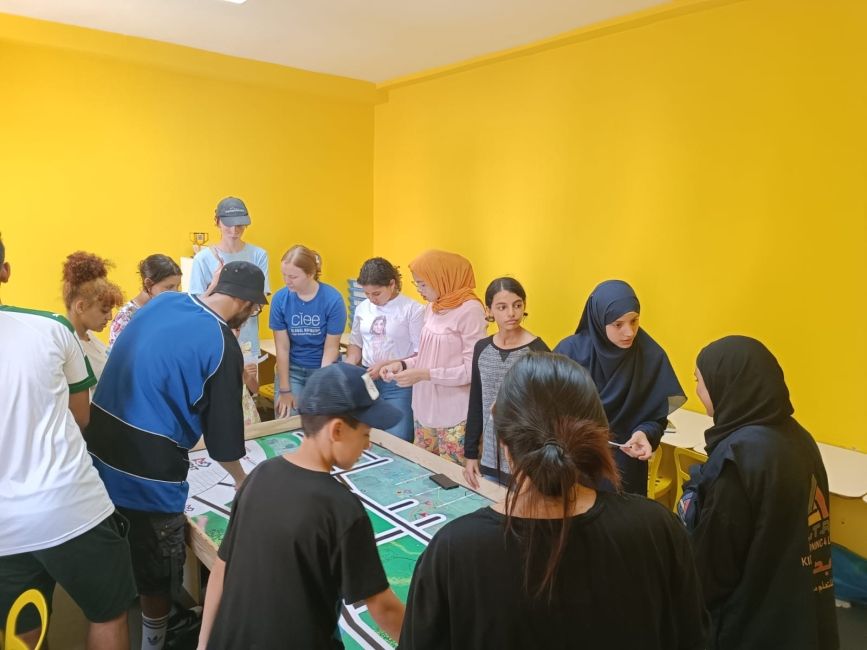Ethical Volunteering: Breaking Stereotypes and Creating Connections
In the realm of leadership and service, our Global Navigators embarked on a thought-provoking journey during their Highschool Summer Abroad program in Mohammedia, Morocco. They delved into an engaging session led by Kamera on the importance of ethical volunteering. Their insights and reflections shed light on the significance of impact, cultural understanding, and the need to avoid the pitfalls of voluntourism and the white savior complex. Let's explore the wisdom and takeaways from these enlightening discussions.
As the discussion unfolded, Tianna spoke of the dangers of feeling self-important, only to leave with a misguided savior complex. Alma added her voice, shedding light on the power dynamics at play, stating, "When these people build things and leave, there's this sense that they have all the power and resources, leaving the community to wait for their return." Paige further emphasized the importance of true altruism, asserting that helping others should not be solely self-serving.
When prompted to consider how they could impact the community, our students shared heartfelt insights. Tianna believed in building confidence and creating a reciprocal impact among peers. Zhihao emphasized the need to break down stereotypes about the United States and celebrate its diverse communities. Paige aimed to reveal the reality of the nation, dispelling notions of perfection. Michael aptly stated that impact arises from asking the right questions, conducting research, and building strong communities rather than building physical structures.
A resounding message echoed through the discussion: our global navigators were not here to change the community but to identify problems in their own communities and work towards solving them upon their return. Voluntourism, they agreed, brought little genuine impact, often fueled by the desire for self-gratification and social media validation. They stressed the importance of research, understanding the limits of their impact, and avoiding the unintentional displacement of local efforts. The concept of the white savior complex was also scrutinized, with Michael, Paige, Sabrina, Kui, and Abi dissecting its roots in white supremacy, privilege, and the notion of superiority.
In response to reducing the savior complex, our students shared valuable insights. They advocated for personal introspection, striving for change within oneself before attempting to change others. They emphasized the value of mutual exchange, exchanging values rather than imposing them. Listening, building personal connections, and making small but meaningful impacts were seen as crucial. Research, education, and reading about white saviorism were encouraged, as was bringing awareness without boasting. Understanding the similarities between home and host countries and focusing on shared problems promoted a balanced perspective. They emphasized the importance of humility, respect, and engaging with the local community on their terms.
As our global navigators concluded their discussion on ethical volunteering, a profound sense of purpose emanated from their words. They promised to approach their service with mindfulness and integrity, shattering stereotypes, and promoting sustainable impact. They recognized the importance of humility, cultural understanding, and building personal connections. By embracing these principles, they set a powerful example of ethical engagement, fostering growth, and nurturing connections that transcend borders. Together, they embarked on a journey that would leave an indelible mark, both on their own lives and on the communities they touched.
Related Posts
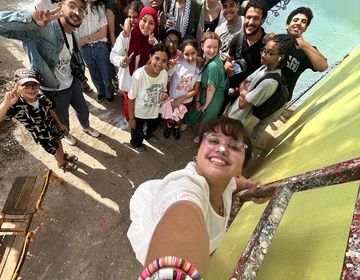
Student Spotlight - Sarah Mathew, Memories in Morocco
Throughout these past 3 weeks, I have immersed myself in the rich culture and diversity of Morocco. This program has given me a sense of community and has helped me... keep reading

Lessons from Ait Bouhaddou
Our students have truly embraced the idea that " everything is a learning experience." Last weekend, we traveled south of Morocco to one of its imperial cities: Marrakesh, the red... keep reading
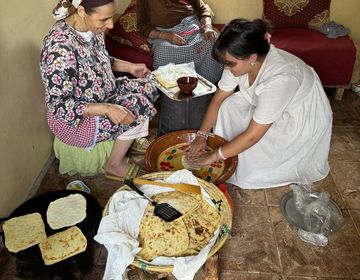
Taking Our Leadership to Marrakech
Early Saturday morning we boarded the bus to take our weekend excursion to Marrakech. The 3 hour bus ride itself was full of energy as we played “Werewolf” for half... keep reading
